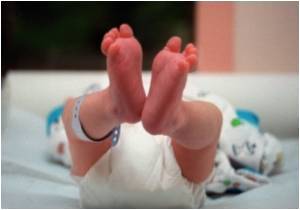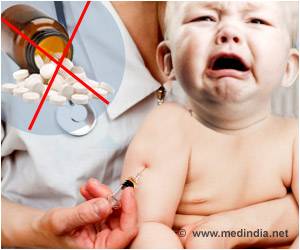
"Our findings show that even at low levels, environmental exposure to these ubiquitous chemicals can adversely affect male genital development, which in turn may impact male reproductive health later in life," said Dr. Swan, who is also a faculty member of The Mindich Child Health and Development Institute at Mount Sinai. "Because most pregnant women are exposed to phthalates, our findings not only have a profound effect on public health, but on the public policies meant to protect women as well as the general population."
Specifically, the study found that male children of mothers who were exposed to phthalates during the first trimester of pregnancy, particularly diethylhexyl phthalate (DEHP) had significantly shorter anogenital distance (AGD) at birth. AGD, usually 50 to 100 percent longer in males than females, is an indicator of reproductive health. Animal and human studies have recently implicated DEHP and other phthalates, a class of environmentally pervasive industrial chemicals used extensively in various consumer products, including flooring, wallpaper, lacquers and personal care products, in a spectrum of male reproductive disorders, including shortened AGD.
AGD, the distance between the anus and the genitals, is "a sensitive marker of prenatal disruption of male genital tract development," according to study authors. Shorter AGD in males has previously been linked to infertility and low sperm count.
This is the largest study to date on the association between phthalates and AGD. According to study authors, "prior human studies, which have been limited by small sample size and imprecise timing of exposure or outcome, have reported conflicting results." The Infant Development and the Environment Study (TIDES) participants for this study were recruited in prenatal clinics in San Francisco, CA; Minneapolis, MN; Rochester, NY and Seattle, WA between 2010 and 2012, and delivered 787 infants, 753 of which were included in the analysis.
Source-Newswise











